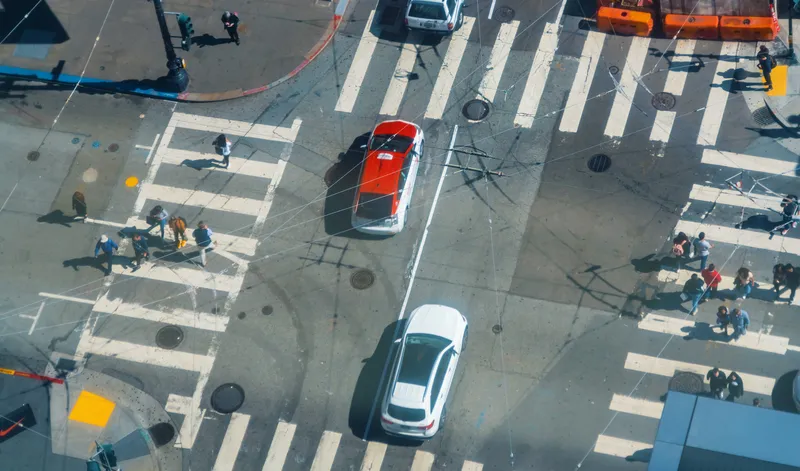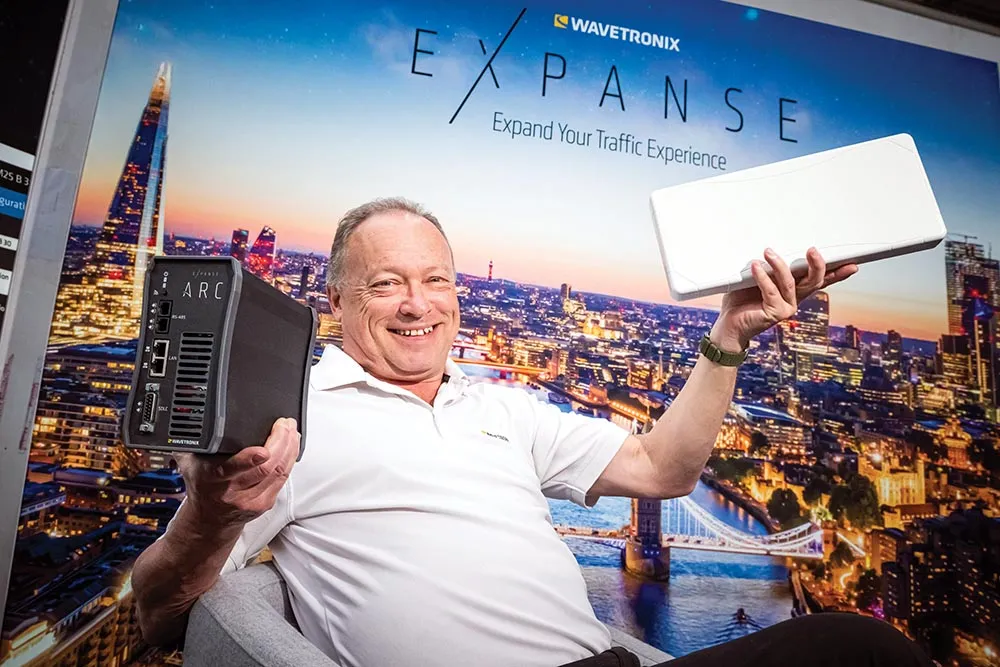
Swarco McCain has been awarded multi-million dollar contract renewal for ATC Cabinets in Northern California.
The third consecutive contract to supply its McCain ATC cabinets by the City of San Francisco means they have now been partners for a decade.
There are already 320 units in the city from the two previous deals, with this latest agreement set to see the deployment of a further 300 as authorities move away from legacy Nema cabinets.
The manufacturer says it has 5,000 McCain ATC cabinets across North America but has designed specific ones to meet the "needs and requirements of San Francisco’s unique intersection configurations environment".
Company VP of sales Nathan Welch praised VP of hardware engineering Reza Roozitalab and his team, saying they had "helped San Francisco see a vision of the future of advanced traffic management".
The new cabinets are future-proof , he insists: “As the city grows and demand on the technology increases, the city might run out of inputs and outputs to the cabinet that they currently have. Instead of throwing out their whole cabinet, they can just put in new modules and modify the cabinet to the needs of the intersection. From a procurement standpoint, it just makes sense. From a maintenance standpoint, it just makes sense. And from an operational standpoint, it also just makes sense.”
The cabinets for the project include the McCain M ATC Cabinet (both rack- and shelf-mounted), with the traditional M footprint of Nema cabinets, and McCain 356i ATC Cabinet, which is compact but robust, McCain says.
The traditional McCain M ATC Cabinet’s footprint features side-by-side front door design with reduced door swing, ideal for congested or narrow walkways.










